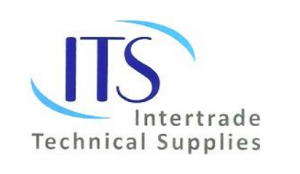Department of Biological and Environmental Sciences
Date: 13 & 14 Nov 2024
WHAT IS QULSS ABOUT?
Welcome to the 17th Edition of the Qatar University Life Sciences Symposium (QULSS), hosted by the esteemed College of Arts and Sciences. This annual event, organized by the Department of Biological and Environmental Sciences, has consistently provided a platform for cutting-edge discussions and invaluable insights into the dynamic field of life sciences.
Attendees, comprising students, faculty members, researchers, and stakeholders primarily from Qatar, converge to explore the latest advancements and emerging trends in life sciences. With each edition, the symposium continues to evolve, attracting between 150 to 200 passionate participants united by a shared dedication to scientific exploration.
For its 17th edition, QULSS extends its reach beyond borders, inviting both international and regional participants to join us in shaping the future of biotechnologies and fostering a sustainable circular bioeconomy. With an anticipated attendance of 200 participants, this edition promises to be a dynamic convergence of knowledge, collaboration, and innovation.
This event is establishing a platform that facilitates researchers, scientists, policymakers, and industry professionals to acquire knowledge, converse, and thus initiate partnerships. This symposium will promote innovation and sustainable development. Novel biotechnological solutions will be achieved by increasing creativity and the capability to innovate among members of a certain community.
Qatar is overtaking other countries in the science and technology fields, particularly in the areas of food, agriculture, marine, and environmental technologies. A full-fledged biotechnology system is implemented to probe and innovate technologies in various sectors, including food and beverage, biopharmaceuticals, and agri-tech. The industry is rapidly changing through research, development, and innovation. This area is growing very fast, and new capabilities are being introduced to integrate financial, institutional, and industrial bodies to pursue commercial ventures and societal advancement through biotechnology. QULSS2024 will highlight the key developments in biotechnologies in Qatar and showcase national capabilities in dealing with human health and environmental sustainability.
WHAT IS QULSS THEME?
-
Agricultural and Food Biotechnology
-
Bioremediation and Bioenergy for a Sustainable Environment
-
Marine Biotechnologies and Aquaculture
-
Entrepreneurship for Building Sustainable Circular Bioeconomy
-
Transfer of Biotechnologies and Start-up Creation
WHAT ARE THE OBJECTIVES OF QULSS 2024?
-
Emphasize the potential of biotechnologies in advancing a circular bioeconomy.
-
Highlight the significant promise of biotechnologies in Qatar’s future, especially in research and development.
-
Explore innovative applications of biotechnologies and their integration into industrial sectors.
QULSS 2024 SCHEDULE
08.00-09.00
|
Registration & Reception | |
|
OPENING CEREMONY | | |
09.00-09.05
09:05-09:10
09:10-09:30 |
- Prof Fatima Al-Kubaisi
Dear of the College of Arts and Sciences (CAS-QU)
- Prof Mohammad Al-Ghouti
Head of the Department of Biological and Environmental Sciences (CAS-QU)
- Eng. Hamad S. Al-Shamari
Director of Agricultural Research Department, Ministry of Municipality, Qatar |
Priorities of Research in Biotechnology in Qatar |
Session 1: AGRICULTURAL AND FOOD BIOTECHNOLOGY
Moderator:
Prof Samir Jaoua |
09:30-10:10
(40 min) |
Prof Yowahan Son
Division of Environmental Science and Ecological Engineering, Korea University, South Korea |
Nature-based solutions for sustainability: Focusing on vegetation introduction in arid regions |
10:10-10:40
(30 min) |
Prof Essaid Ait Barka
Vice-President Delegated to the European Alliance INVEST, University of Reims Champagne-Ardenne, France |
Unlocking Resilient Agriculture: Exploring Beneficial Bacteria-Plant Interactions Against Biotic and Abiotic Stresses |
10:40-11:10
(30 min) |
Prof Slim Tounsi
General Director, Center of Biotechnology, Sfax University, Tunisia |
Circular Bioeconomy for Sustainable Agriculture through biopesticides development |
11:10-11:30
(20 min) |
Dr Iman Salah
Department of Biological and Environmental Sciences, College of Arts and Sciences, Qatar University |
Prosopis juliflora waste-to-value: leaf extract effectiveness against Mango post-harvest diseases |
| 11:30-12:00 | Coffee break and Refreshments | |
Session 2: BIOREMEDIATION AND BIOENERGY FOR SUSTAINABLE ENVIRONMENT
Moderator:
Prof Mohammed Abu-Dieyeh |
12:00-12:40
(40 min) |
Prof Ibrahim Banat
School of Biomedical Sciences, University of Ulster, Northern Ireland, UK |
Microbial Biosurfactants: Trends and Potential Application in Environmental, Agricultural, and Biomedical Industries |
12:40-13:10
(30 min) |
Dr Suhur Saeed
Water Management head at ExxonMobil Qatar |
Biochar and Microbes: Sustainable Technologies for Bioremediation of Industrial Effluents |
13:10-13:40
(30 min) |
Prof Mohammad Trigui
Head of the research Laboratory “Environmental Sciences and Sustainable Development”, Sfax University, Tunisia |
Moving towards a sustainable circular bio-economy in the agriculture sector |
13:40-14:00
(20 min) |
Dr Haneen Al Dous
Postdoctoral Associate in Microbiology and Immunology at Weill Cornell Medicine-Qatar |
Novel approach in treating industrial wastewater using metal-organic framework nanoparticles impregnated with biosurfactants |
| 14:00-15:00 | Lunch | |
|
All day |
Poster session |
|
| |
|
Session 3. MARINE BIOTECHNOLOGIES AND AQUACULTURE
Moderator: Prof Jassim Al-Khayat | 09:00-09:40
(35 min) |
Prof Sergey Dobretsov UNESCO Chair in Marine Biotechnology, Centre of Excellence in Marine Biotechnology, Sultan Qaboos University-Sultanate of Oman) |
From ocean to innovation: sustainable frontiers in marine biotechnology | 09:40-10:00
(20 min) |
Dr Propbir Das Research Associate Professor/ Algal Technology Program/ Center for Sustainable Development, Qatar University, Qatar |
The application of aquaculture wastewater-grown microalgal biomass and catering waste as feed ingredients for sustainable aquaculture | 10:10-10:20
(20 min) |
Dr Victor Rosas Aquaculture Nutrition Specialist, Postdoctorate in Shrimp cultured in Bioflocs Systems, Environmental Sciences Center, Qatar University |
Replacement of by-product fishmeal with insect meal in diets for Penaeus vannamei: effects on growth and health | 10:20-10:45 | Session 4. ENTREPRENEURSHIP FOR BUILDING SUSTAINABLE CIRCULAR BIOECONOMY | 11.00-11.20 | Dr Mohammad Ismail Ibrahim |
Latest innovations in drug synthesis and production | 11.20-11.40 | Dr Ashwag Binmahfooz
|
Gene Editing for Next Generation Food | 11:40-12.05 | Dr Anis Larbi |
Sensitivity, accuracy, reproducibility and flexibility: key elements of biotechnology for R&D, manufacturing and QC | 12:05-12:25 | Prof Ahmed Ali Khalifa |
Walking the Circularity Talk: Evidence from Case studies and Research | 12:25-13:00 | Session 5. Biotechnologies for transfer of technology and start-up creation (Panel discussion) | 13:00-13:20 | Closing, gift given to the keynote speakers & awards to the winners |
|
Organizing Committee
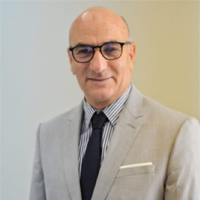
Symposium Coordinator
Professor in Qatar University
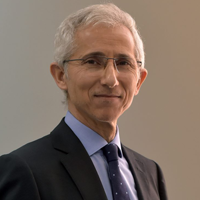
Professor in Qatar University
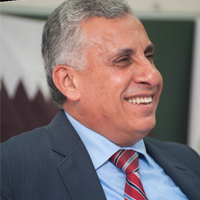
Professor in Qatar University
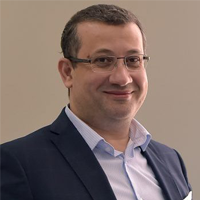
Acting Department Head
Professor in Qatar University
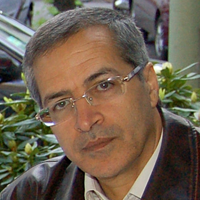
Professor in Qatar University
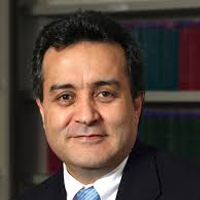
Professor in Qatar University
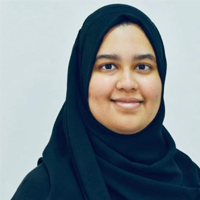
Teaching Assistant in Qatar University
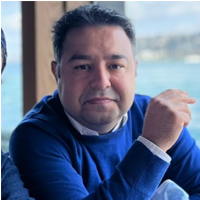
Assistant Professor in Qatar University

Abeer Al-Mohannadi
Senior Lab Technician in Qatar University

Fatima Ali M A Al-Hajri
Administrative Coordinator in Qatar University

Assistant Professor in Qatar University
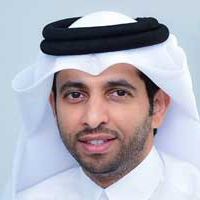
Assistant Professor in Qatar University
Registration
Registration has now closed.
Submission guidelines:
The
deadline for submissions is
November 7, 2024, at 11:59 pm.
The
poster file must be submitted in
PDF format, while the abstract file should be in
Word format.
There are no specific rules for your posters; you are welcome to use your own template and design.
Abstract Guidelines:
-
Email Accuracy: Ensure that the email addresses for both the primary author and co-authors are accurate.
-
Font: Use Times New Roman, 12pt, justified, with single spacing for the text.
-
Main Title: The title should be in bold, centered, and written in a 14pt font size. Leave two lines after the title.
-
Authors: List the authors’ last names followed by their first names and the initial of their middle names (if applicable), without titles.
-
Affiliations: Provide the affiliation after each author’s name. The email address of the First Author is mandatory.
-
Main Text: The abstract should follow the structure of Introduction/Purpose, Methods, Results, Discussion, and Conclusion. It should be limited to one page, approximately 400 words.
-
References: Limit references to no more than five, following a standard referencing style.
PARTNERS

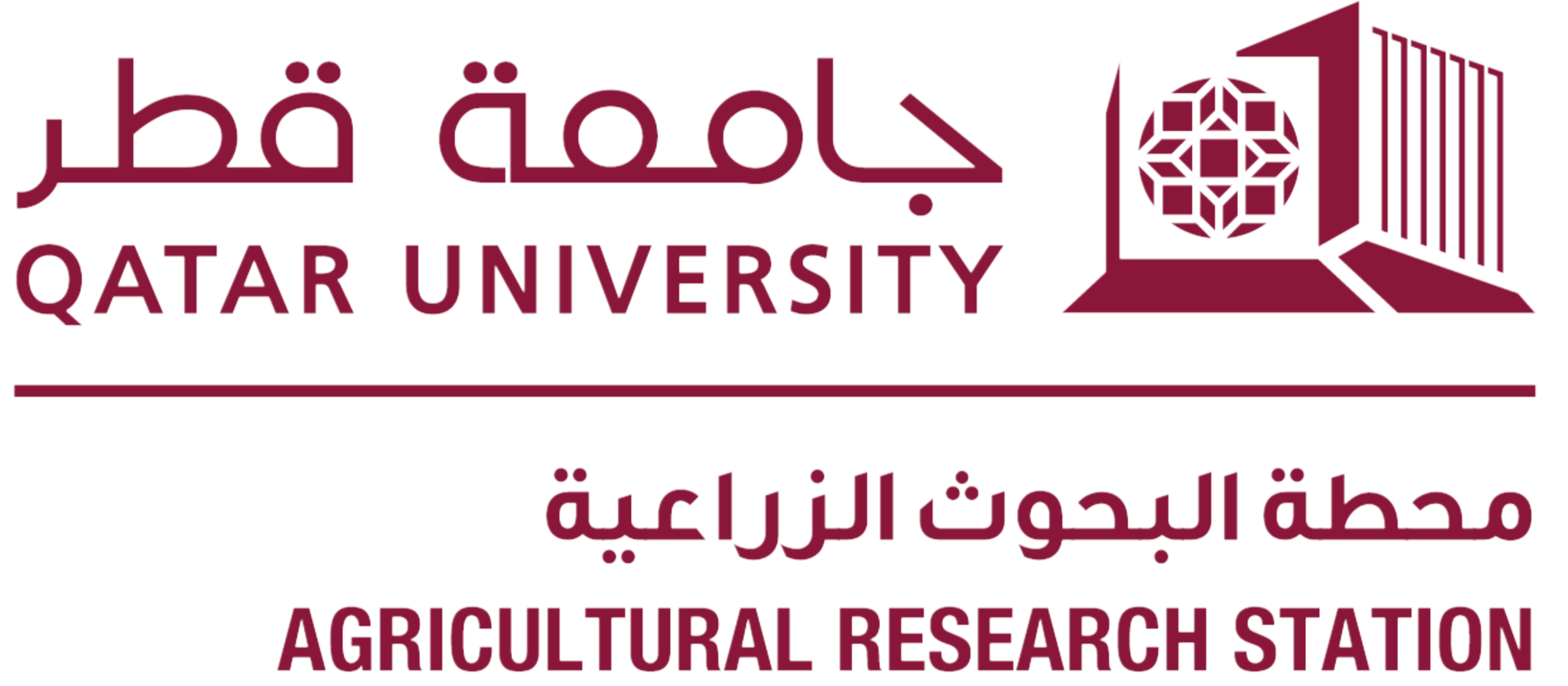
SPONSORS


